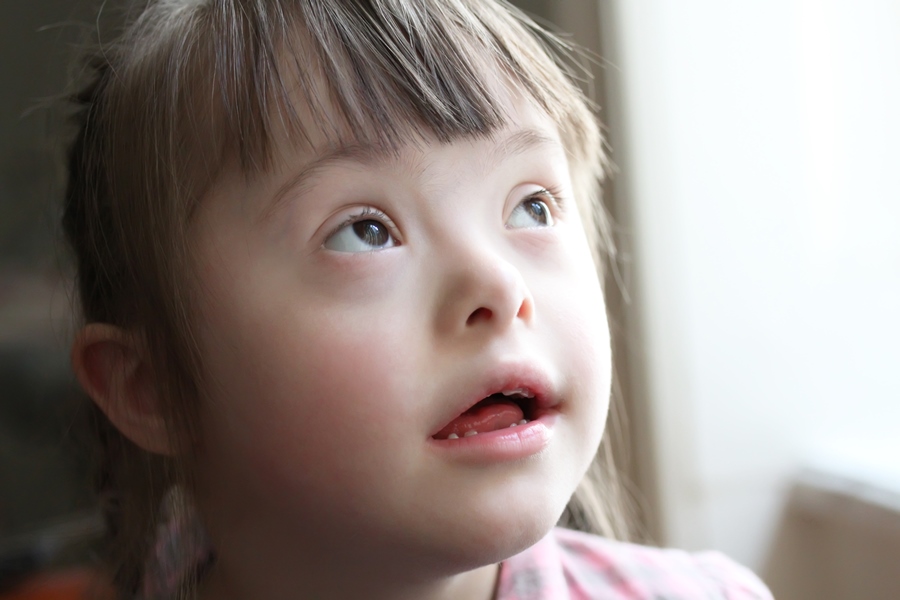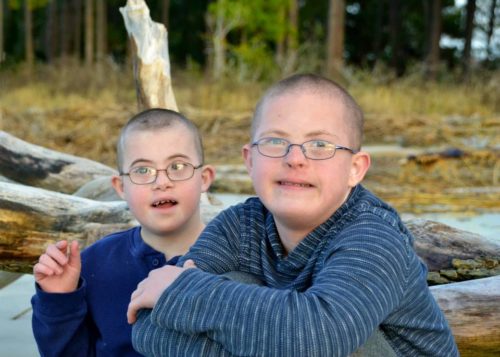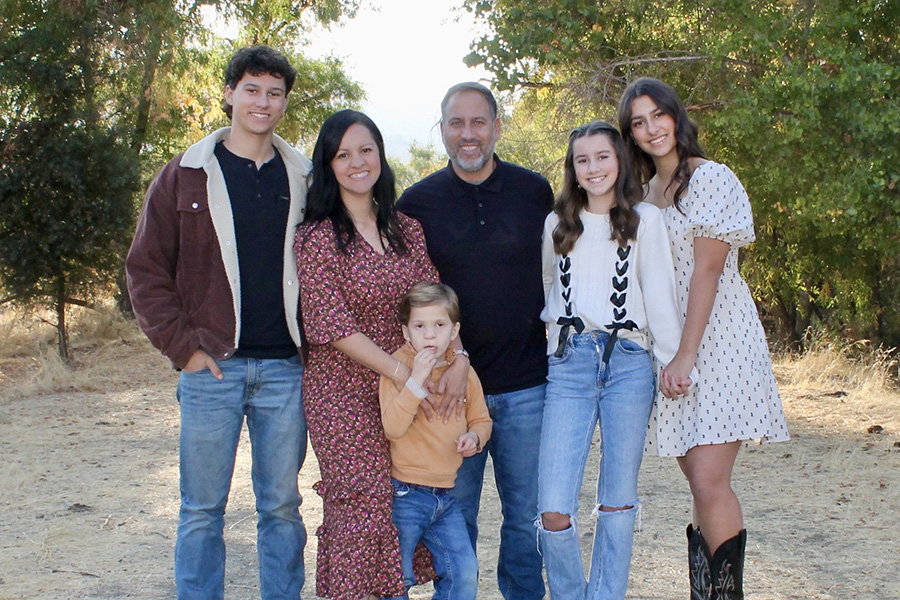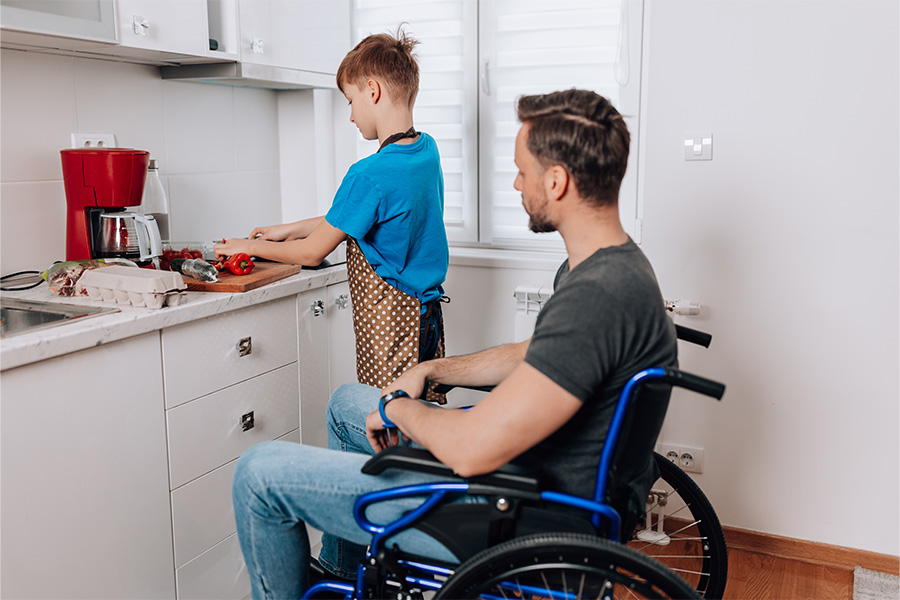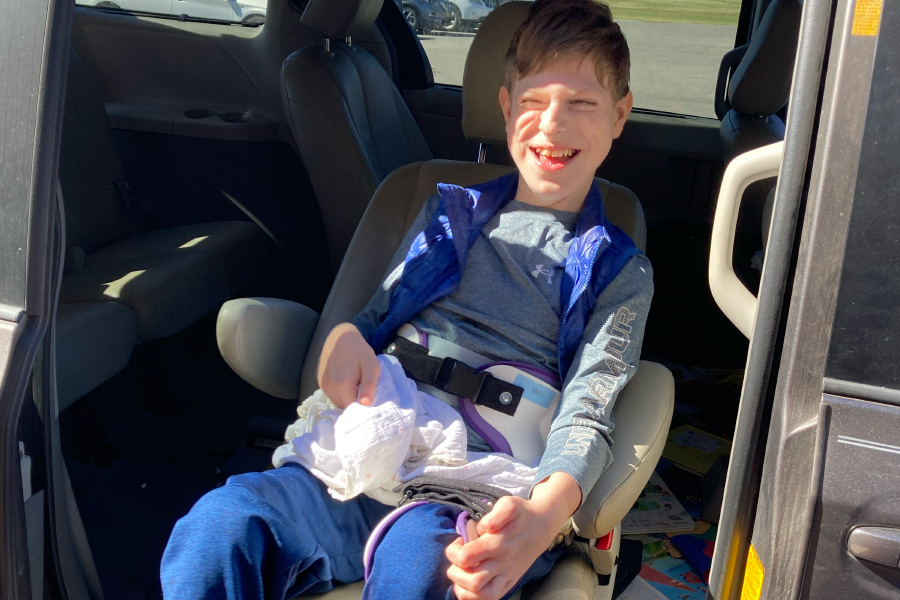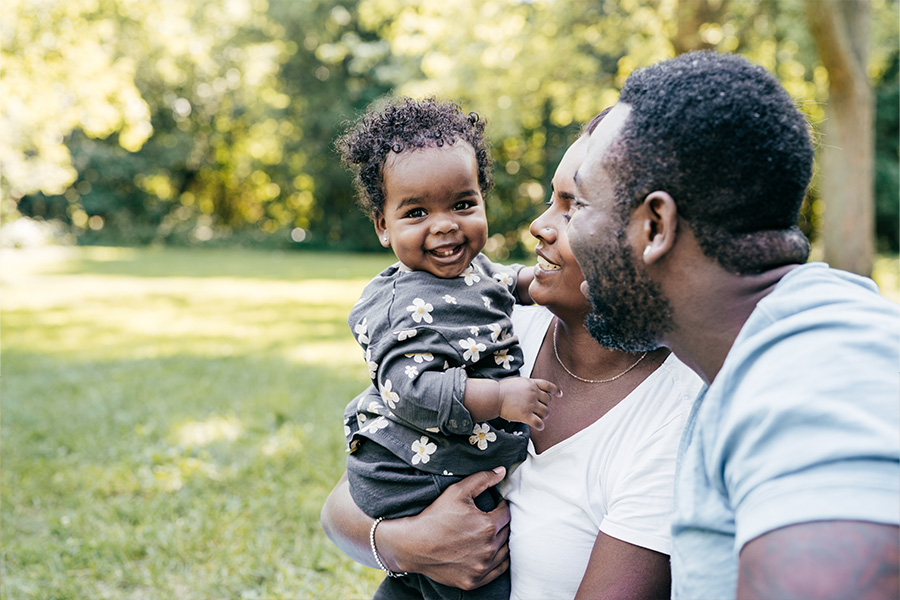All of a sudden, out of the blue, I’m hearing the term “special needs” questioned.
This term is often used to refer to a child with disability or multiple disabilities. I pushed my mental “pause” button and decided that instead of staying on autopilot and using a phrase that is comfortable for me, I would do a bit of investigating and consider whether the time is ripe for this concept to change.
The first thing I did was look up the word, “special.” Here’s the definition that Merriam-Webster gave me: “distinguished by some unusual quality; especially: being in some way superior.”
In my own experience, as a parent of two children with Down syndrome, I’m not necessarily convinced that “special needs” is appropriate, but I’m also not convinced that it is inappropriate.
Take, for example, my older son, Alex; Alex has significant cognitive impairment, but at the age of 14, I’m not convinced that his needs are truly special. He gets speech therapy at school, and extra support in his academics, but are his needs all that special? I suppose that’s subjective.
My other son, Ben, has more complex needs. His cognitive impairment is in the moderate to severe range, and the combining factors of his medical and psychiatric needs mean that the term “special needs” is appropriate and then some.
As I continue to consider this topic, I’m not sure exactly where my opinion lies, but there are a few things that I know to be true.
- People first language matters. Just as I am not a writer woman – I am a woman who writes – my children are not Down syndrome children, disabled children or special needs children. It’s more cumbersome to say “person with Down syndrome,” but it matters.
- No matter what, it’s never okay to use a term describing a disability as a slur, joke or insult.
- Let the person with the disability or a close family member guide you on how to refer to their disability or impairment. I don’t really see Alex as disabled, and prefer the term cognitive impairment for him, but everyone is different. And really, my favorite is when you refer to him as a young man, a nice person or a good kid.
- This can be easier said than done, but I try to give heaps of grace when someone uses a term that rubs me wrong. The heart is more important than the words, so when necessary I look past the words to the person behind them.
In my opinion, the most important thing is to discuss these issues and destigmatize them. When we are open and sincere in our conversations about disabilities we can dispel myths, engender acceptance and eliminate discrimination.






